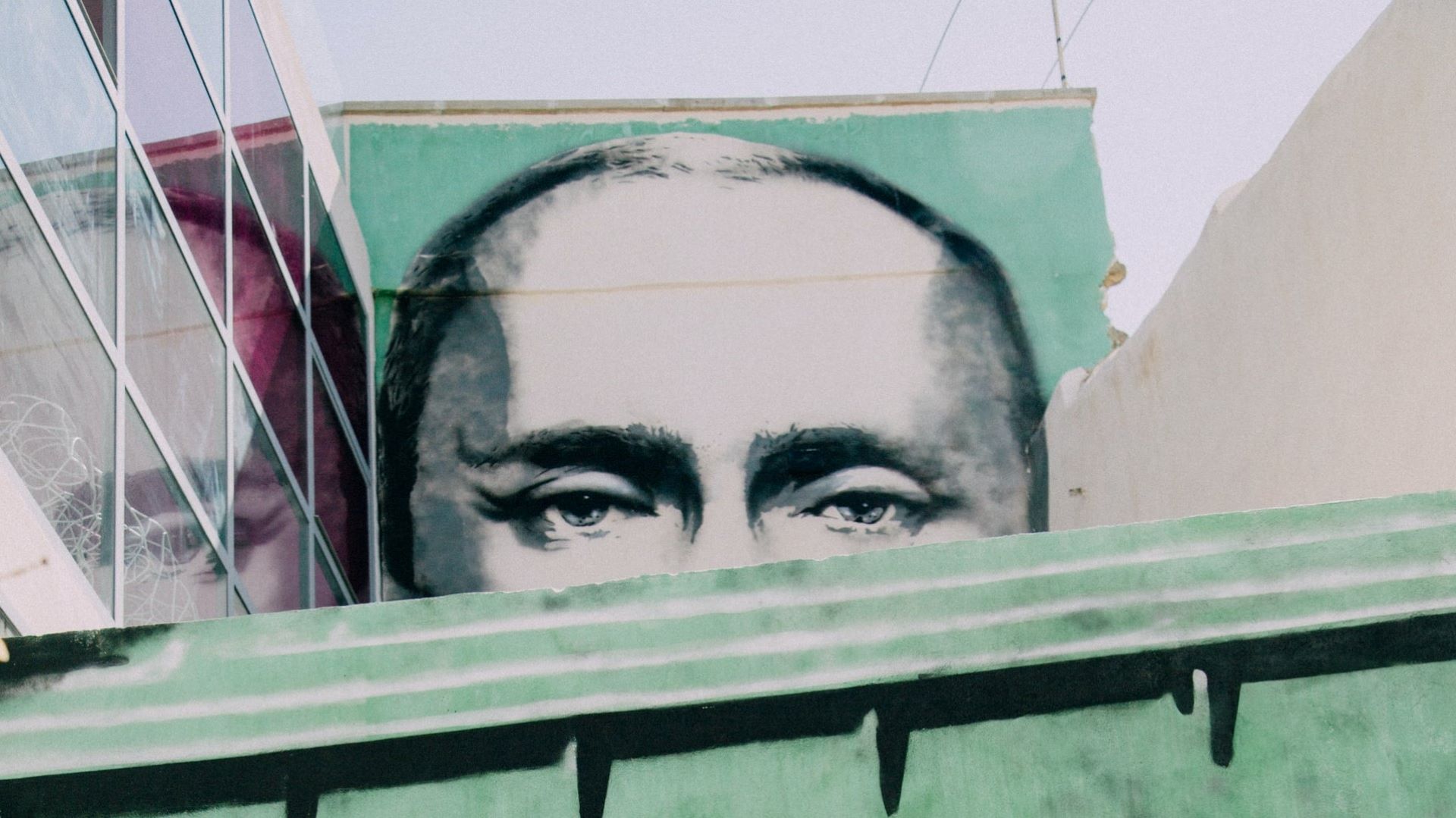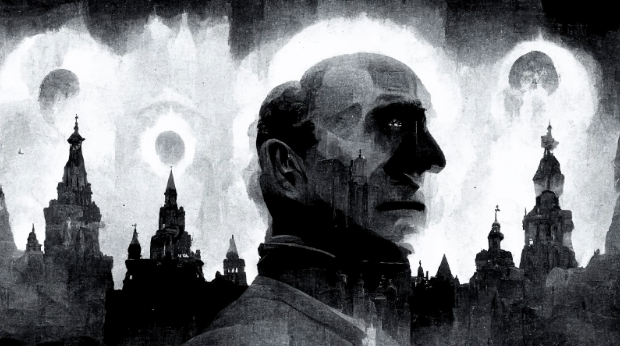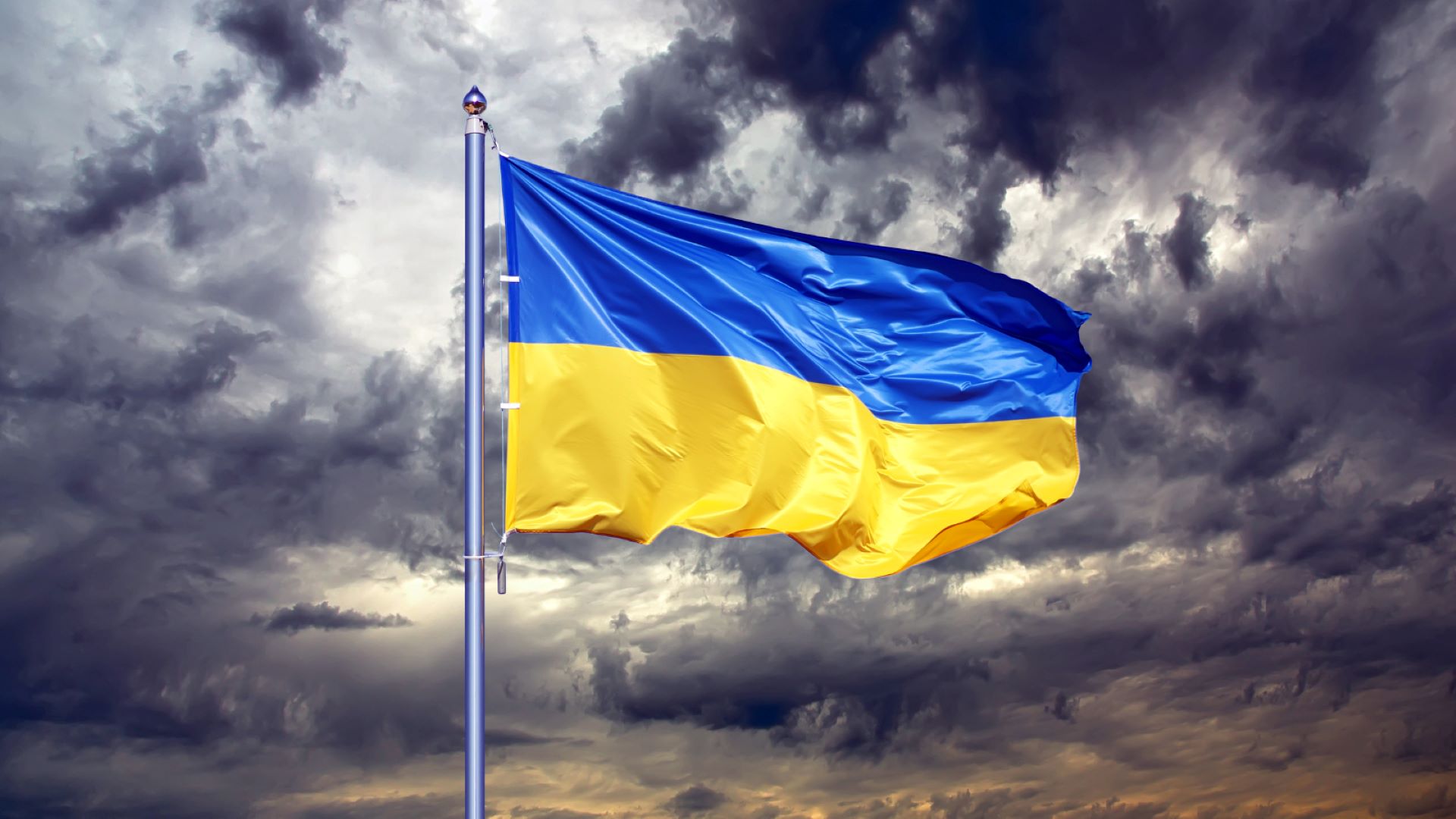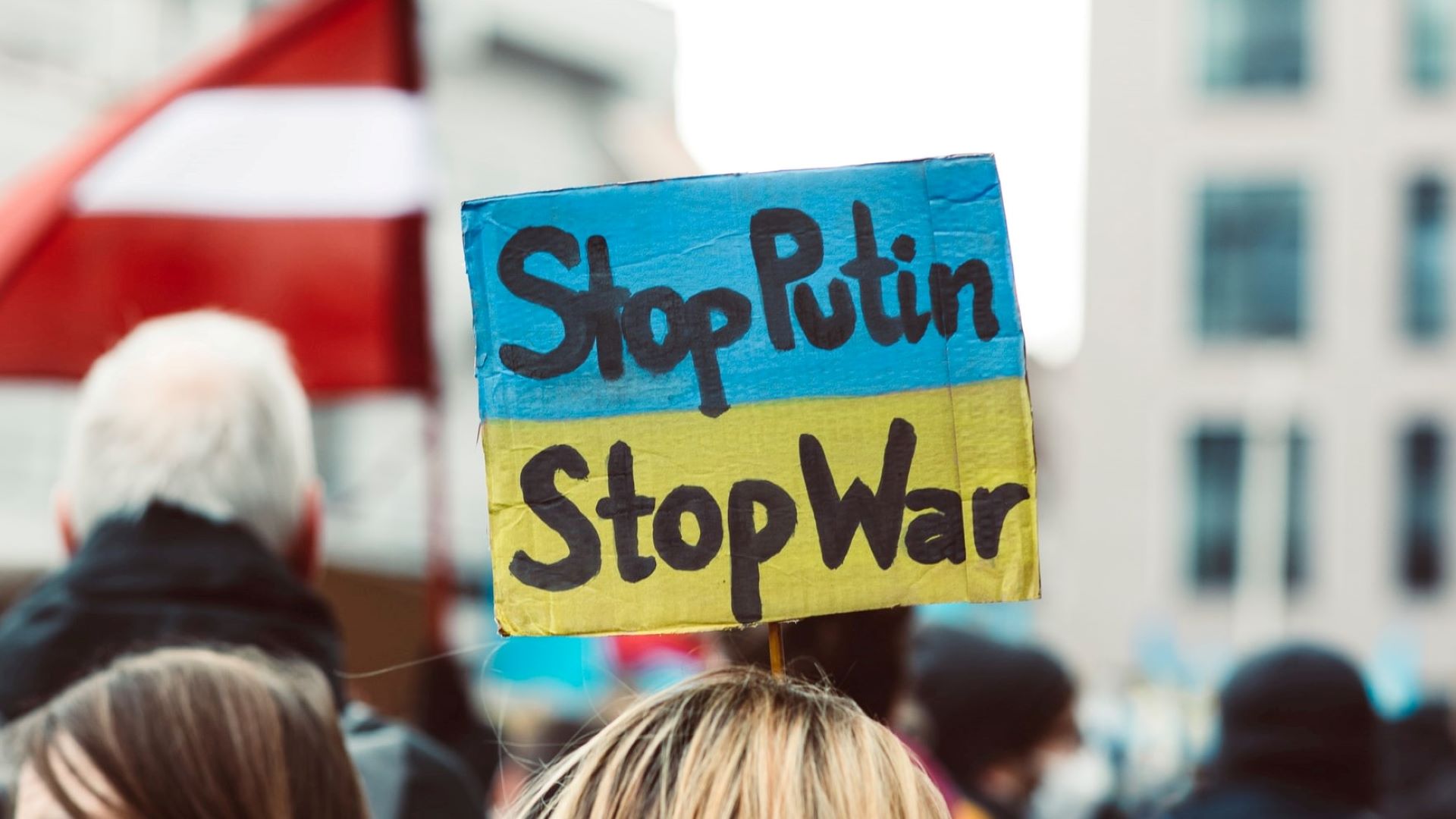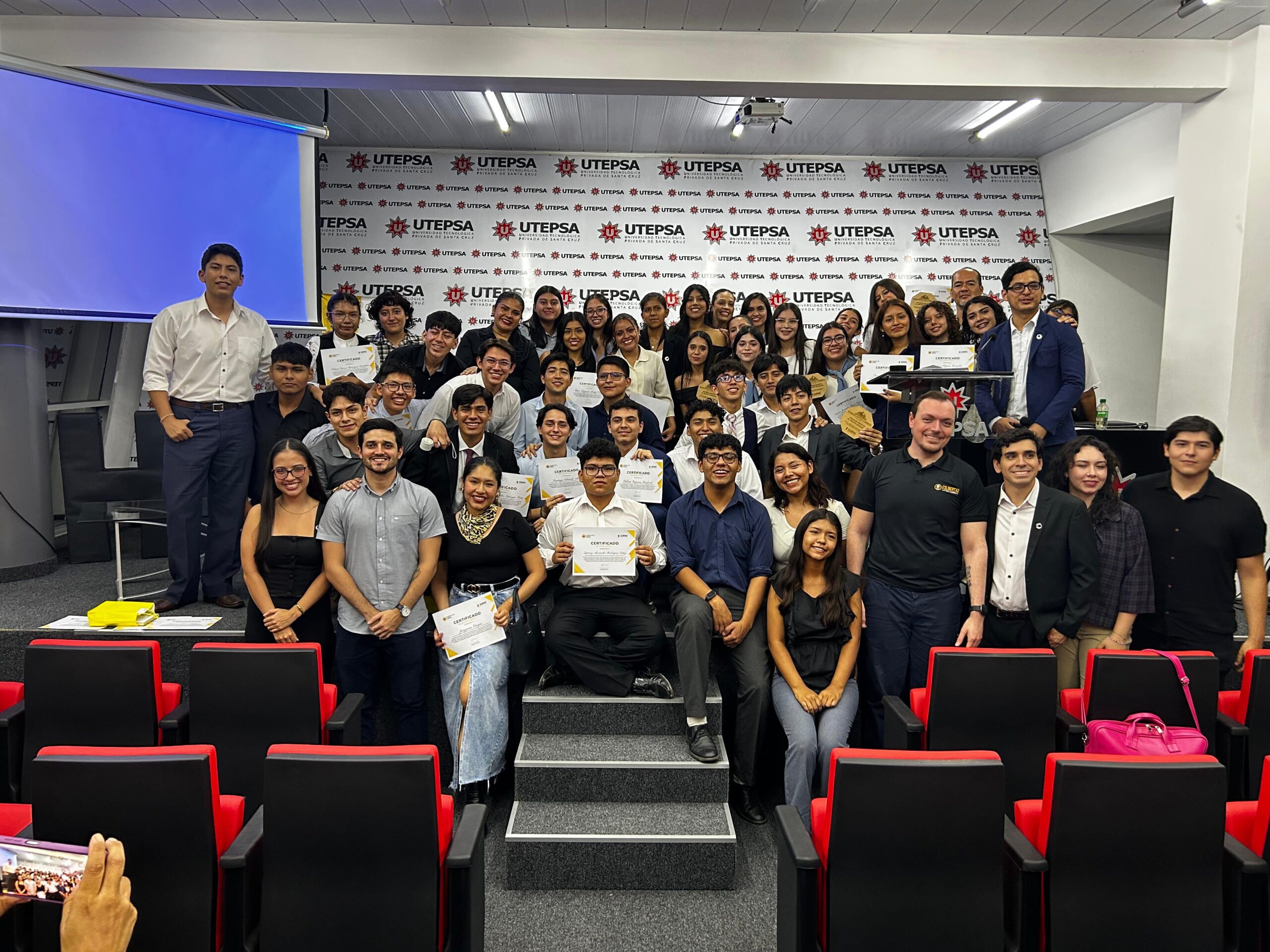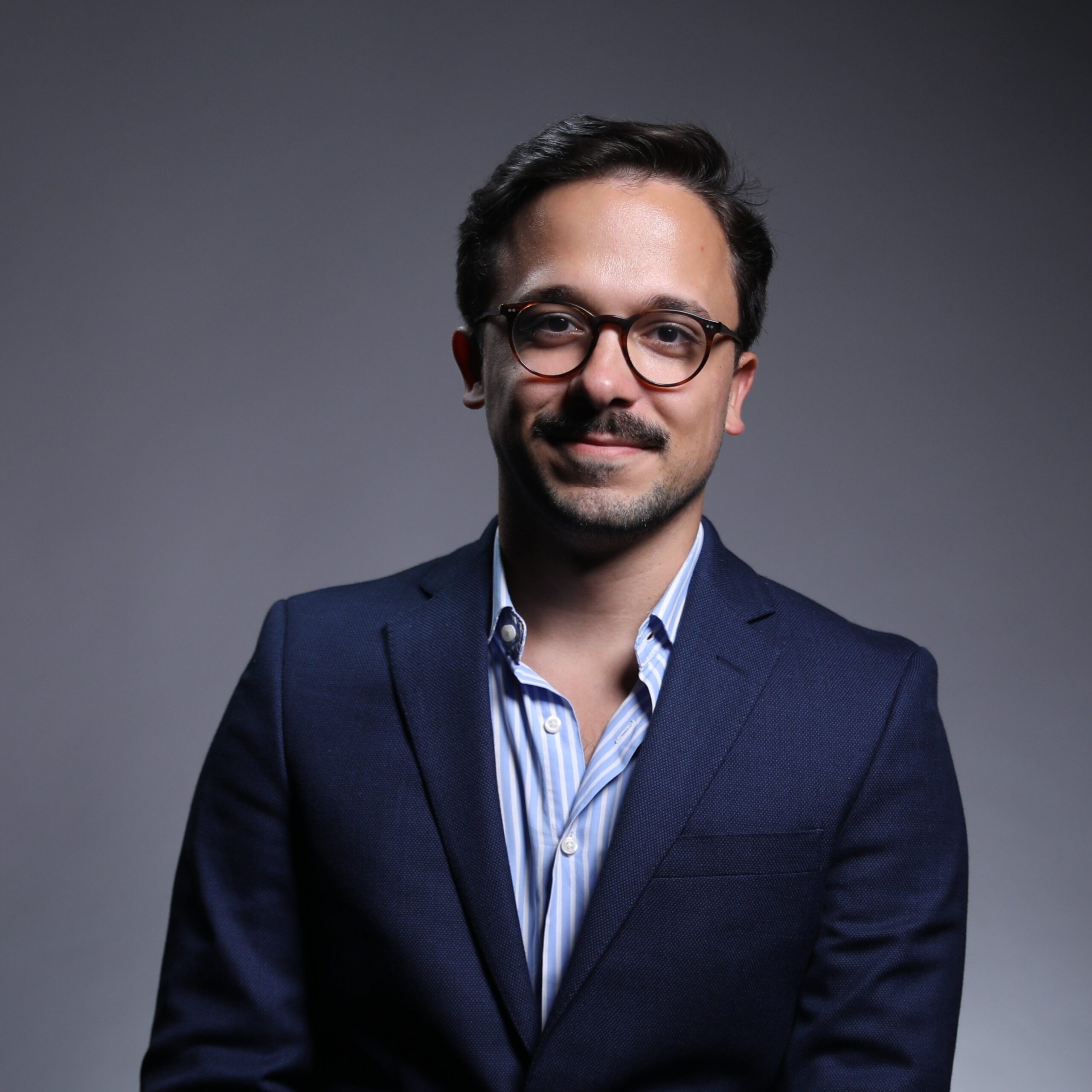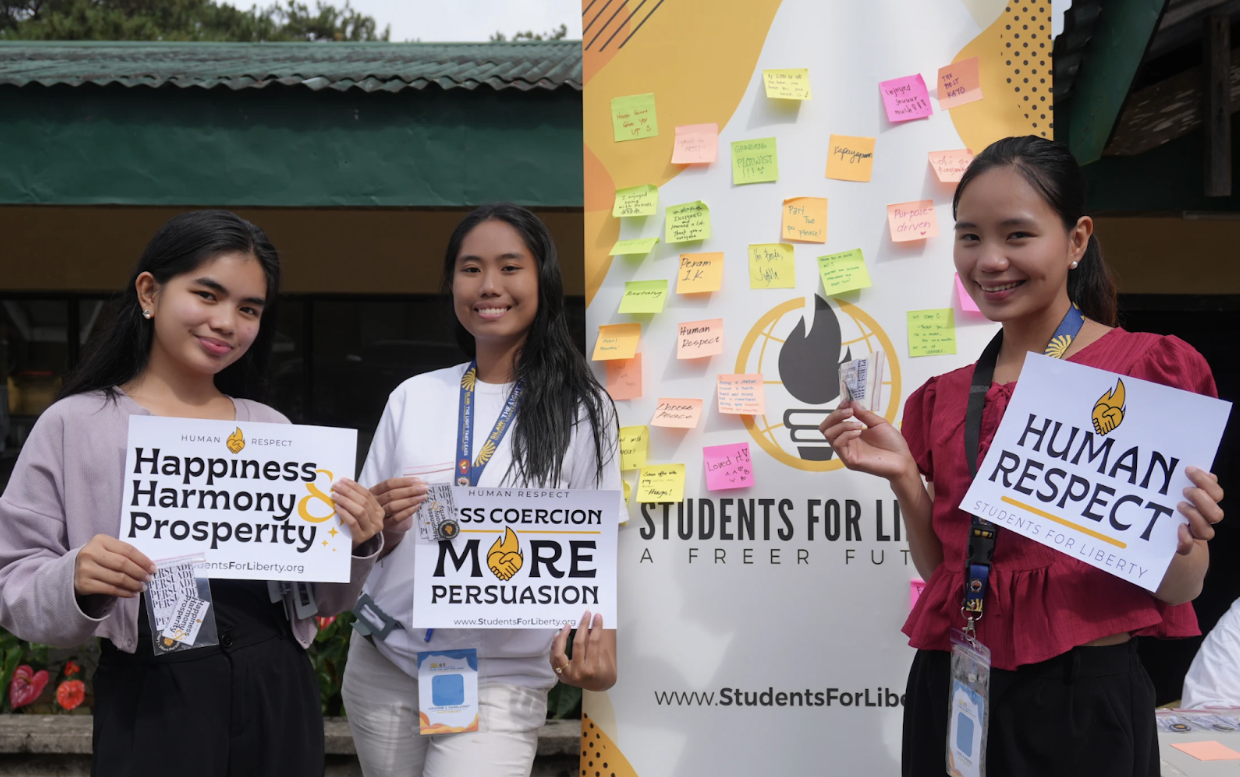Writing for FTN, Students For Liberty’s Director of Alumni Programs, Jorge Jraissati, gives his thoughts on the ideology of Vladimir Putin, its history, and its ongoing effects.
I have been writing about Russia’s military actions since the beginning of last fall. At that time, I elaborated on the considerable possibility that Putin was planning to escalate his military actions in Ukraine. And I say escalate, as this war was not initiated in February of this year, but in March 2014.
When I wrote about the dangerous possibility of Putin wanting to take Kyiv by early 2022, many were baffled by my remarks. In their view, my analysis portrayed a biased opinion about the Russian leader – the same biased opinion that is held in institutions like the State Department or the National Security Council.
They said that Putin would never do that. “He is a realist, a pragmatic,” they said. Doing my best at paraphrasing them, these are the type of comments I got for months:
“Putin decided to take Crimea in 2014 because of its geopolitical interest. Without Crimea – and the Sevastopol Marine Trade Port particularly – Russia cannot access the Black Sea. Russia’s lack of warm-water ports is a risk to its national security. C’mon Jorge, we all know that. Putin is simply doing what Catherine the Great did in 1783.”
My problem with that rationale is simple: I don’t consider Putin as a tactician or a pragmatic. On the contrary, he seems to be governed by their emotions and deeply anachronic ideology about political power in general, and Russia’s place in the world specifically.
This became evident with his famous speech in Munich in 2005. It was in that speech, which took part in the Munich Security Conference, that Putin said that the collapse of the Soviet Union was “the greatest geopolitical catastrophe of the twentieth century.”
This is an astonishing remark, considering that the last century saw the unfolding of two world wars, which resulted in the killing of roughly 20 million and 50 million people, respectively.
Putin’s comment is even more troubling considering that thanks to the fall of the Soviet Empire, millions of people were finally free from the Kremlin – from the same regime that sent their ancestors to the gulags or took away their lands.
But that’s not the way Putin sees the world. He sees the world through the eyes of a former KGB man. He rules by fear. He believes in fear. And because of it, a free and democratic Ukraine was unacceptable in his eyes.
His war in Ukraine has never been about NATO. Putin does not fear NATO; he just hates democracy. That’s why he decided to invade Crimea in March 2014. For him, Ukraine’s “revolution of dignity” was intolerable.
Putin sees those young people protesting in Maidan Square as troublemakers. And he sees Viktor Yanukovych’s exit on February 22, 2014 as a plot by Ambassador Michael McFaul, the CIA, and the U.S. government. A plot aimed at undermining his power in Russia as well as his “privileged sphere of influence” in Eastern Europe, especially among the Eastern Slavic nations.
Since then, Putin has done everything in his power to destroy Ukraine’s already weak democracy. He illegally annexed Crimea. He supported and installed separatist groups in Donetsk and Luhansk. He launched cyber attacks against Kyiv. And earlier this year, he did what many considered unthinkable in the twenty-first century, he launched a full-scale military attack against Ukraine. This time, not just to recreate what he calls “Novorossiya”, but to take the whole country.
Ultimately, it is a shame that Putin rose to power in 1999. Boris Yeltsin did many things wrong, but perhaps his worst legacy is no other than Putin’s ascension to power. Just imagine a world where Yeltsin instead of choosing Putin as his successor, had chosen a young governor named Boris Nemtsov – whose reforms in the Nizhny Novgorod region were praised at the time. By now, almost certainly, Russia would be a democratic, respected, and prosperous nation, instead of the pariah, authoritarian, and poor nation that it is today.
But we all know the story. Two decades after this decision, Putin is still in power, while Nemtsov is no longer with us, brutally killed in 2015. And the bottom line is that, as long as Putin is in power, Russia’s full potential will never be achieved.
In this sense, I do believe that Russia can indeed play a big role in our world; but to do so, it has to be free and democratic. It has to be innovative. It has to give opportunities to its young people. The Russian people deserve it. And the world will benefit greatly from it.
If you would like to help the people of Ukraine, you can make a donation by clicking on the button below and checking the “Ukraine Crisis Emergency Campaign” box.
A version of this article was originally published by the Freedom Today Network.
This piece solely expresses the opinion of the author and not necessarily the organization as a whole. Students For Liberty is committed to facilitating a broad dialogue for liberty, representing a variety of opinions.
